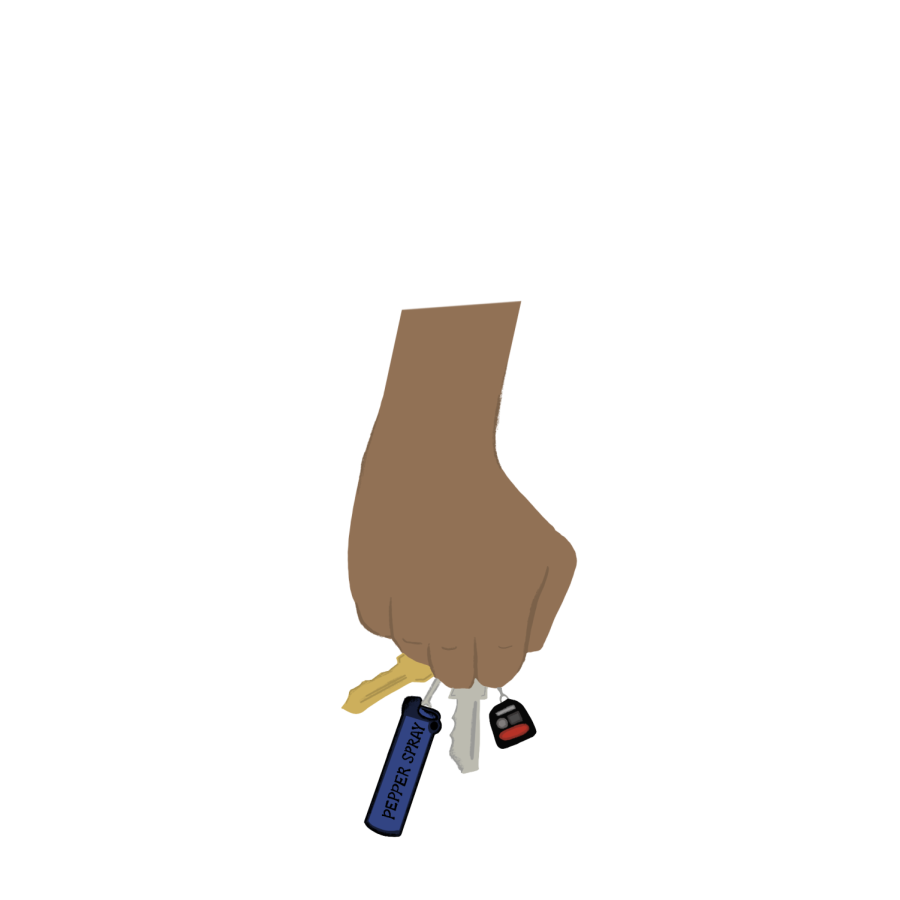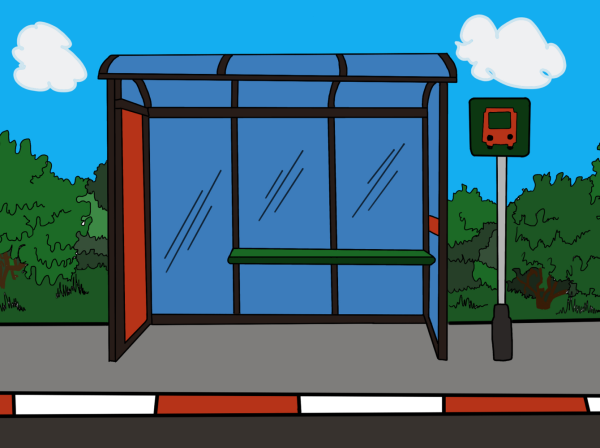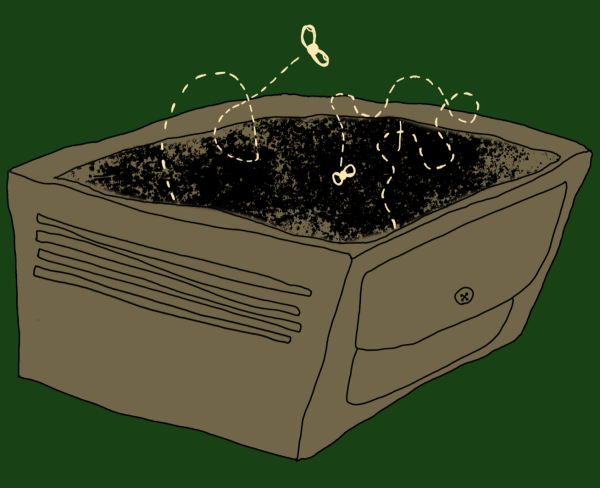Increase in sex-trafficking reports means teens should stay alert
October 28, 2022
Wolverine hands with keys. Alarm buttons on keychains. Pepper spray. Self-defense is on the minds of many teenagers who fear the increase in human sex trafficking in our community and throughout the country.
Natalie Shepherd, a freshman at Tualatin High School, described how she feels when she is out alone or with friends.
“[We have to assume that] anybody we come across is bad. We don’t know who’s actually good, and who’s just putting up a front.”
Human sex trafficking is a modern form of slavery continuing to increase in severity every year. In the most recent data from sextraffickinghotline.org, in 2020 there were 139 cases reported in Oregon alone.
Tualatin High School student resource officers (SRO) Kevin Miller provided some advice on the subject. He explained that there is a false idea about how these situations occur, and it’s not always being kidnapped or coerced . Instead, trafficking often starts right under our noses. Teens need to focus on being careful with their choices of friends and being smart about where they go.
“If you’re hanging out with someone your parents wouldn’t approve of, then you probably shouldn’t be,” Miller said.
Sex traffickers can appear as friends, making them seem unthreatening with no cause to worry. Miller suggested some things students should watch out for. On the use of social media, students need to be smart with what information you share and who you’re talking to, as it’s easier than it may seem to identify someone through a mere screen. Traffickers will befriend and earn your trust before they attempt “recruitment,” he added, which can appear as fantasized, seemingly perfect scenarios that the trafficker will claim to make a reality.
Miller also noted that teens should look out for this in their peers and listen for any red flags. Be sure to check in with friends by talking with them and paying attention to things they might be getting into that appear “too good to be true.”







